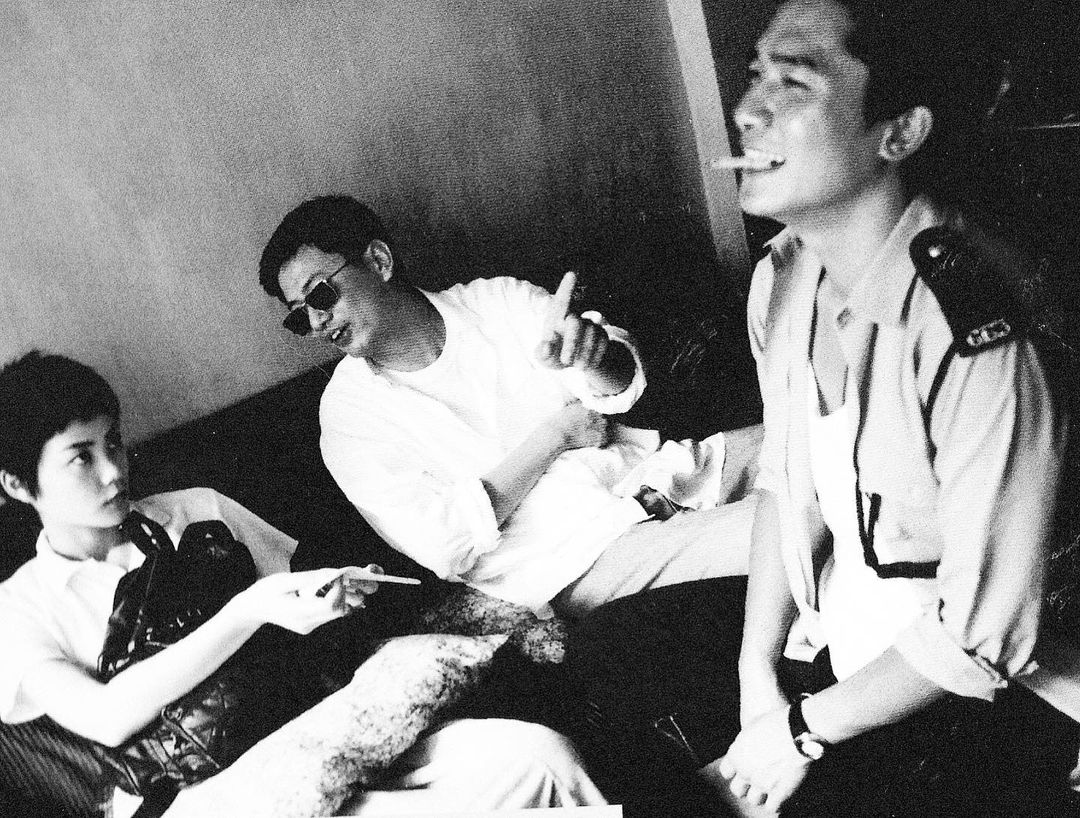
Collaborators of Wong Kar-wai
by remi mourany
·
CHRISTOPHER DOYLE
_Christopher Doyle, born in Sydney, Australia in 1952, embarked on a diverse journey before becoming one of the most acclaimed cinematographers in cinema history. After traversing the seas as part of a merchant marine crew and engaging in various occupations across different countries, he returned to academia to pursue a degree in Art History at the University of Maryland. Subsequently, his passion for exploration led him to settle in Taiwan, where he delved into the study of Chinese language and culture while immersing himself in the world of theater.
It was in Taiwan where Doyle's fascination with the visual medium of cinema truly blossomed. He began his cinematic career by collaborating with theater troupes and directing documentaries for television. His breakthrough came when acclaimed filmmaker Edward Yang invited him to lens "That Day, on the Beach" in 1983, marking the inception of a prolific partnership with Asian cinema luminaries.
Following his stint in Taiwan, Doyle's wanderlust led him to France, where he contributed his talents to Claire Denis's "No Fear, No Die." However, his artistic journey ultimately circled back to Hong Kong in 1986, where he commenced a remarkable collaboration with the burgeoning film industry. His work on Shu Kei's "Soul" underscored his ability to capture the essence of storytelling through cinematography.
Throughout his illustrious career, Doyle established himself as a master of light and shadow, crafting evocative imagery that resonated deeply with audiences worldwide. His cinematography graced the screens of iconic films such as "Red Rose, White Rose" for Stanley Kwan, "The Peach Blossom Land" and "The Red Lotus Society" for Stan Lai, and "Temptress Moon" for Chen Kaige.
However, it was his enduring partnership with Wong Kar-wai that catapulted Doyle to international acclaim. Their collaboration began with "Chungking Express" in 1994 and reached its pinnacle with "In the Mood for Love" in 2000, for which Doyle received the prestigious Best Cinematography award at Cannes Film Festival. His innovative approach to visual storytelling, characterized by bold compositions and vibrant colors, became synonymous with Wong Kar-wai's distinctive cinematic style.









